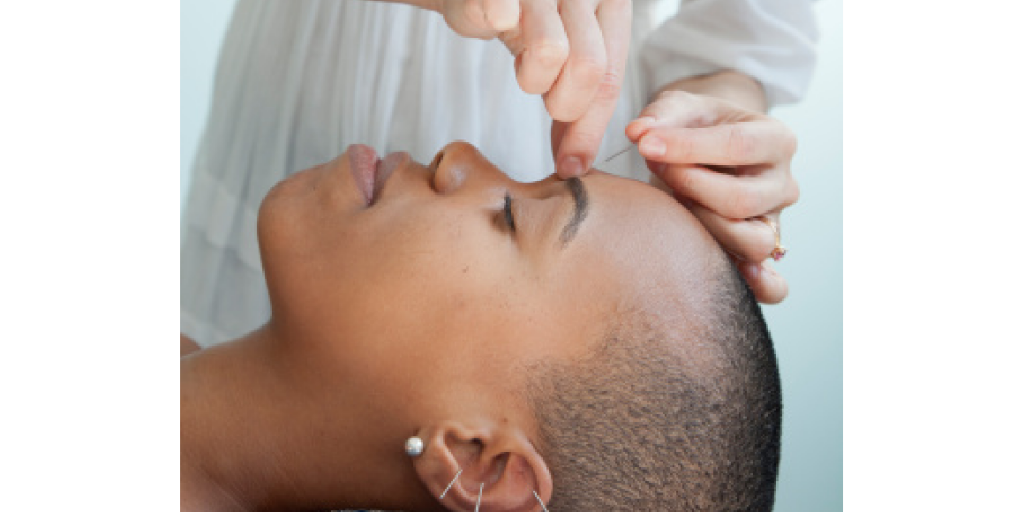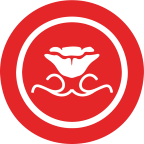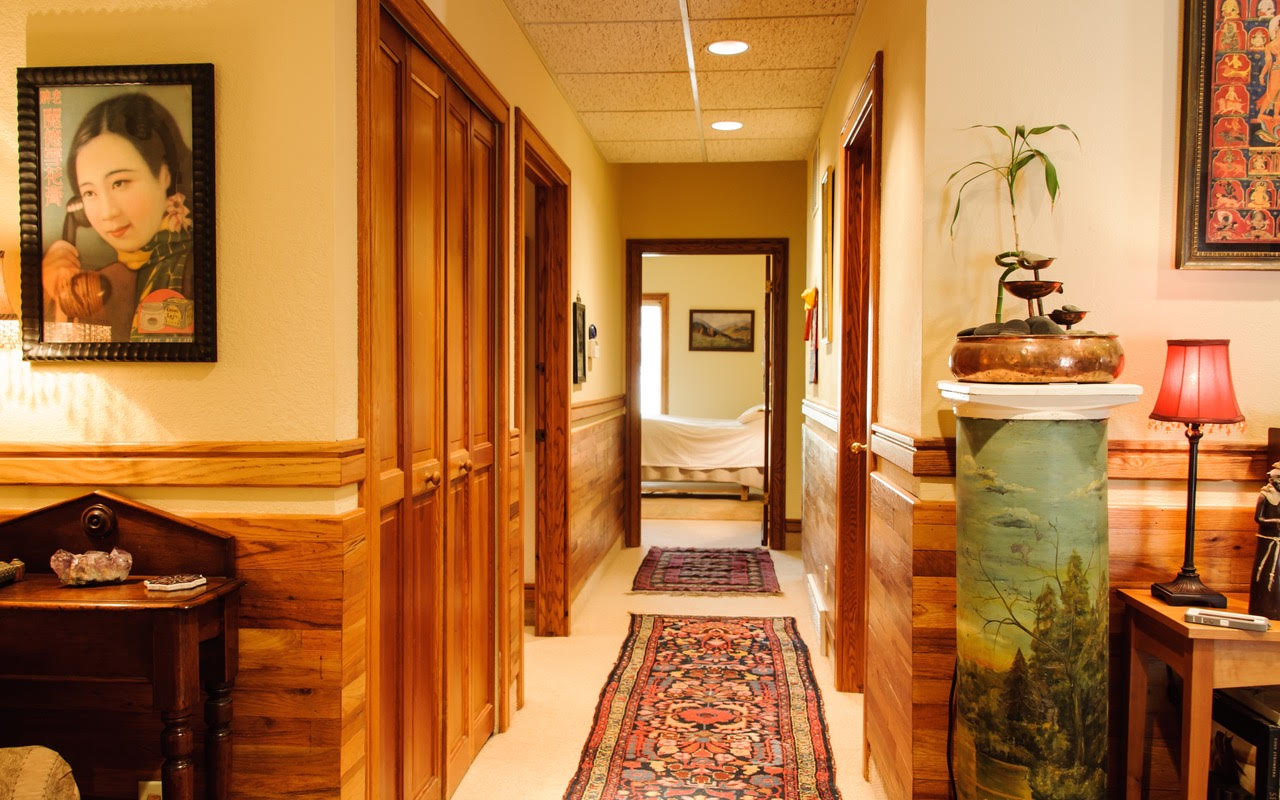
Insomnia, a prevalent sleep disorder affecting millions worldwide, has prompted exploration into alternative treatments such as acupuncture and Chinese herbal medicine. This blog post delves into the scientific perspective of acupuncture for insomnia, as well as the effectiveness and benefits of these traditional approaches in managing sleep issues.
Acupuncture for Insomnia:

- Acupuncture is an ancient Chinese therapeutic technique that involves inserting thin needles into specific points on the body to stimulate energy flow, known as Qi. Proponents of acupuncture suggest that it can rebalance the body’s energy and address underlying imbalances contributing to insomnia. Research studies examining the effectiveness of acupuncture for insomnia have yielded promising results.
- A meta-analysis published in the Journal of Alternative and Complementary Medicine found that acupuncture significantly improved sleep efficiency and duration compared to control groups. The stimulation of specific acupuncture points is believed to influence neurotransmitters, such as serotonin and melatonin, which play key roles in regulating sleep-wake cycles. Moreover, acupuncture may help reduce stress and anxiety, common contributors to insomnia. By modulating the nervous system and promoting relaxation, acupuncture may create a conducive environment for better sleep.
Chinese Herbal Medicine for Insomnia:
- Chinese herbal medicine, a component of traditional Chinese medicine, involves the use of botanical substances to address health imbalances. Herbal formulations tailored to an individual’s specific symptoms and constitution are often prescribed. Several Chinese herbs are believed to possess sleep-promoting properties. For example, herbs like Schisandra chinensis and Ziziphus jujuba have been traditionally used to calm the mind and promote relaxation. Scientific studies support the potential benefits of these herbs in improving sleep quality.
- In a randomized controlled trial published in the Journal of Psychopharmacology, a combination of herbal extracts, including Schisandra chinensis and Ziziphus jujuba, demonstrated efficacy in reducing insomnia symptoms. The herbs were proposed to influence neurotransmitter activity, hormonal regulation, and stress response, contributing to improved sleep.
Combining Acupuncture and Chinese Herbal Medicine:
- Many individuals may find greater benefits when acupuncture is combined with Chinese herbal medicine. The synergistic effects of addressing both the energetic and biochemical aspects of insomnia may provide a more comprehensive approach to treatment.
Conclusion:
My personal clinical experience and existing evidence suggests that these traditional therapies may offer valuable alternatives or complements to conventional treatments. Integrating traditional Chinese medicine approaches into a holistic sleep management plan may empower individuals to achieve restful and rejuvenating sleep.
Begin your journey to a better night’s sleep. Schedule your acupuncture appointment or call for a free telephone consultation to see about working together. You don’t need to wait any longer to get a good night’s sleep.


